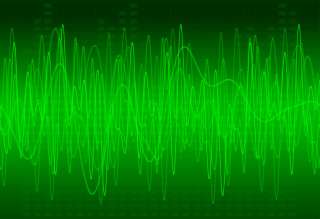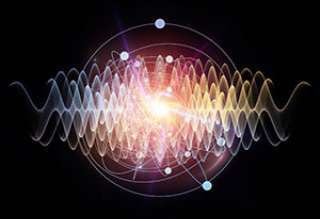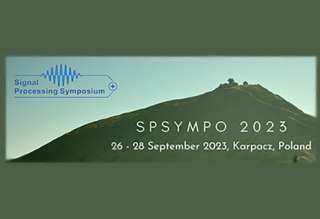SPS Feed
Top Reasons to Join SPS Today!
1. IEEE Signal Processing Magazine
2. Signal Processing Digital Library*
3. Inside Signal Processing Newsletter
4. SPS Resource Center
5. Career advancement & recognition
6. Discounts on conferences and publications
7. Professional networking
8. Communities for students, young professionals, and women
9. Volunteer opportunities
10. Coming soon! PDH/CEU credits
Click here to learn more.
The Latest News, Articles, and Events in Signal Processing
Despite the development of computer vision techniques, the micro-expression (ME) recognition task still remains a great challenge because MEs have very low intensity and short duration. However, the ME recognition is of great significance since it provides important clues for real affective states detection. This paper proposes a novel Block Division Convolutional Network (BDCNN) with the implicit deep features augmentation.
Cross-domain Facial Expression Recognition (FER) aims to safely transfer the learned knowledge from labeled source data to unlabeled target data, which is challenging due to the subtle difference between various expressions and the large discrepancy between domains. Existing methods mainly focus on reducing the domain shift for transferable features but fail to learn discriminative representations for recognizing facial expression, which may result in negative transfer under cross-domain settings.
We introduce a Gaussian Mixture Model (GMM) framework for 3D holoscopic image compression in this paper. The elemental-images of the 3D holoscopic image are predicted using GMM and the parameters of GMM are estimated using the common Expectation-Maximization (EM) algorithm. GMM Model Optimization (GMO) is used in this framework to select the optimal number of distributions and avoid local optimum of EM at the same time.
Current approaches for human pose estimation in videos can be categorized into per-frame and warping-based methods. Both approaches have their pros and cons. For example, per-frame methods are generally more accurate, but they are often slow. Warping-based approaches are more efficient, but the performance is usually not good. To bridge the gap, in this paper, we propose a novel fast framework for human pose estimation to meet the real-time inference with controllable accuracy degradation in compressed video domain.
Uncertainty quantification plays a key role in the development of autonomous systems, decision-making, and tracking over wireless sensor networks (WSNs). However, there is a need of providing uncertainty confidence bounds, especially for distributed machine learning-based tracking, dealing with different volumes of data collected by sensors.
Federated learning (FL) has emerged as an instance of distributed machine learning paradigm that avoids the transmission of data generated on the users' side. Although data are not transmitted, edge devices have to deal with limited communication bandwidths, data heterogeneity, and straggler effects due to the limited computational resources of users' devices.
Satellite image based land cover classification, which falls under the category of semantic segmentation, is critical for many global and environmental applications. Deep learning has been proven to be excellent in semantic segmentation. However, mainstream neural networks formed by connecting high-to-low convolutions in series are prone to losing image information, which affects the accuracy of semantic segmentation.
To handle the various types of tasks in the upcoming cellular services, we can design the system with both cloud and edge computing capabilities, where the computational tasks can be partially offloaded to the ENs and the CP.
Date: 14 August 2023
Location: Chennai, India
Date: 24-26 August 2023
Location: Hyderabad, India
Date: 25-26 May 2023
Location: Chennai, India
Date: 25-26 September 2023
Location: Karpacz, Poland
Date: 20-21 July 2023
Location: Nairobi, Kenya
Date: 22-23 September 2023 (Virtual)
Location: Ahmedabad, India
Date: 16-21 July 2023
Location: Ottawa, Canada
Date: 13-15 April 2023
Location: Kerala, India
Date: 20-22 July 2023
Location: Andhra Pradesh, India
Date: 25-26 August 2023
Location: Gujarat, India
Pages
SPS Social Media
- IEEE SPS Facebook Page https://www.facebook.com/ieeeSPS
- IEEE SPS X Page https://x.com/IEEEsps
- IEEE SPS Instagram Page https://www.instagram.com/ieeesps/?hl=en
- IEEE SPS LinkedIn Page https://www.linkedin.com/company/ieeesps/
- IEEE SPS YouTube Channel https://www.youtube.com/ieeeSPS


















